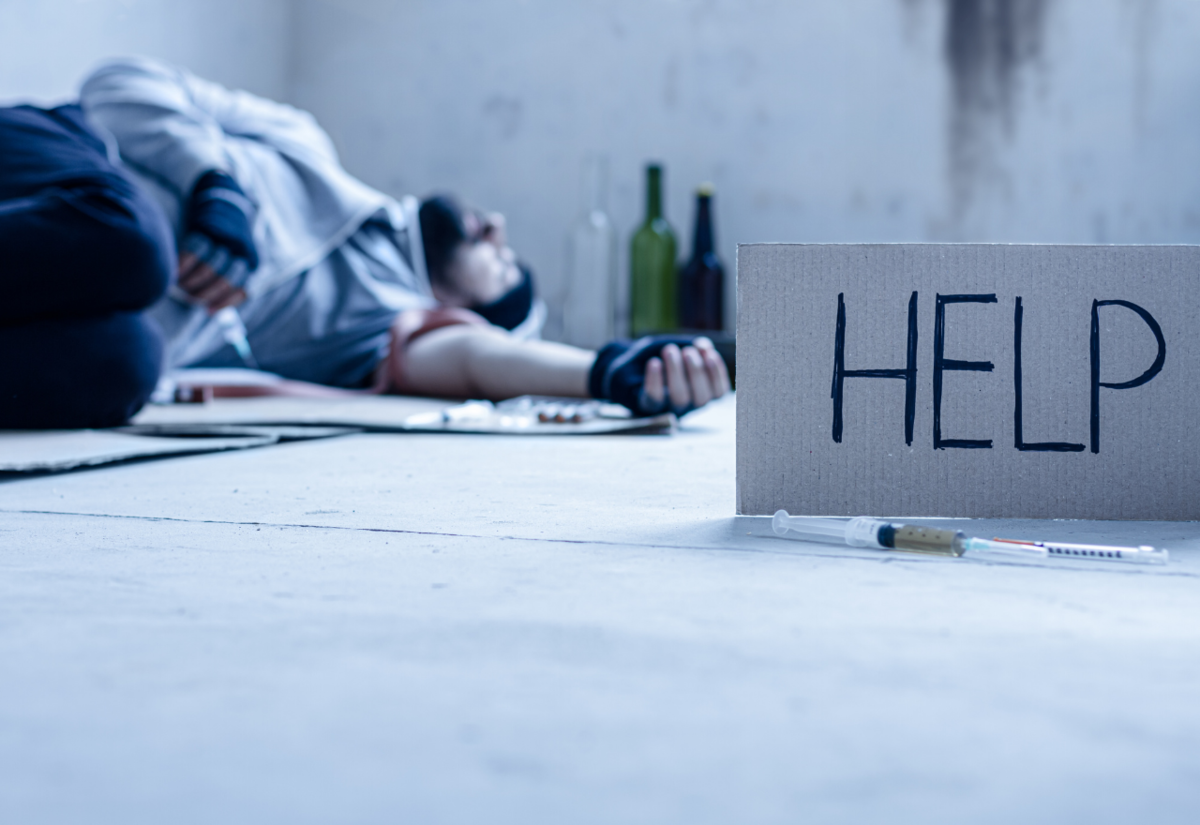Dubbo drug and alcohol rehab now in planning phase
Brielle Sykes
02 February 2022, 7:10 AM
 More help is on its way as planning progresses for a Dubbo drug and alcohol rehabilitation centre to service the wider western area.
More help is on its way as planning progresses for a Dubbo drug and alcohol rehabilitation centre to service the wider western area.Planning is underway for a new drug and alcohol residential rehabilitation service in Dubbo, which Western New South Wales Local Health District (WNSWLHD) is striving to begin operating in 2023.
The $5 million centre will be comprised of a 15-bed rehabilitation facility, and eight-bed withdrawal and detoxification unit. It will cater to both men and women, as well as those who are exiting prison.
The centre aims to improve accessibility for people living in north-west NSW who need support to address their substance usage, according to Alanna Henrichsen, Project Manager of WNSWLHD Drug and Alcohol.
“Our goals will be to deliver a service that’s accessible, inclusive and culturally responsive, to develop a design that meets the needs of the range of people who will use the service, and to develop plans for withdrawal and rehabilitation that are clinical and medical best-practise,” says Ms Henrichsen.
The project was originally announced in 2020 when the NSW Government pledged $7.5 million towards its development, following calls from Dubbo Regional Council and others to assist with the area's growing concern around drug and alcohol abuse. In 2017, NSW Bureau of Crime Statistics and Research had found that the Orana and Far-West areas had double the amount of ice users compared to the rest of the state, following a 37% increase in the previous five years.
The new facility is intended to service the broader north-west NSW community, which currently has only 26 residential rehabilitation beds available. The closest rehabilitation dedicated service is located in Gongolgon, south of Brewarrina, and currently only caters to Indigenous men over the age of 18.
While the Dubbo program isn’t solely for the Indigenous community, the needs of Aboriginal people will be at the forefront of the planning process, according to Donna Stanley, WNSWLHD Coordinator for Aboriginal Mental Health, Drug and Alcohol.
"It does need to be planned from the ground up to be a place that is safe for Aboriginal people, not just clinically, but culturally,” she says.
“Staying on Country, or close to Country, while making important choices that could change your life forever, can be a real incentive to Aboriginal people to come into rehabilitation.”
Dubbo Regional Council and WNSWLHD will continue meeting with the general community and stakeholders throughout 2022 in order to gain input to ensure that the facility is inclusive and meets the needs of all groups affected by drug and alcohol usage.
A spokesperson for WNSWLHD has confirmed that finer details are still in progress.
The Western Plains App will endeavour to provide updates as information becomes available.

